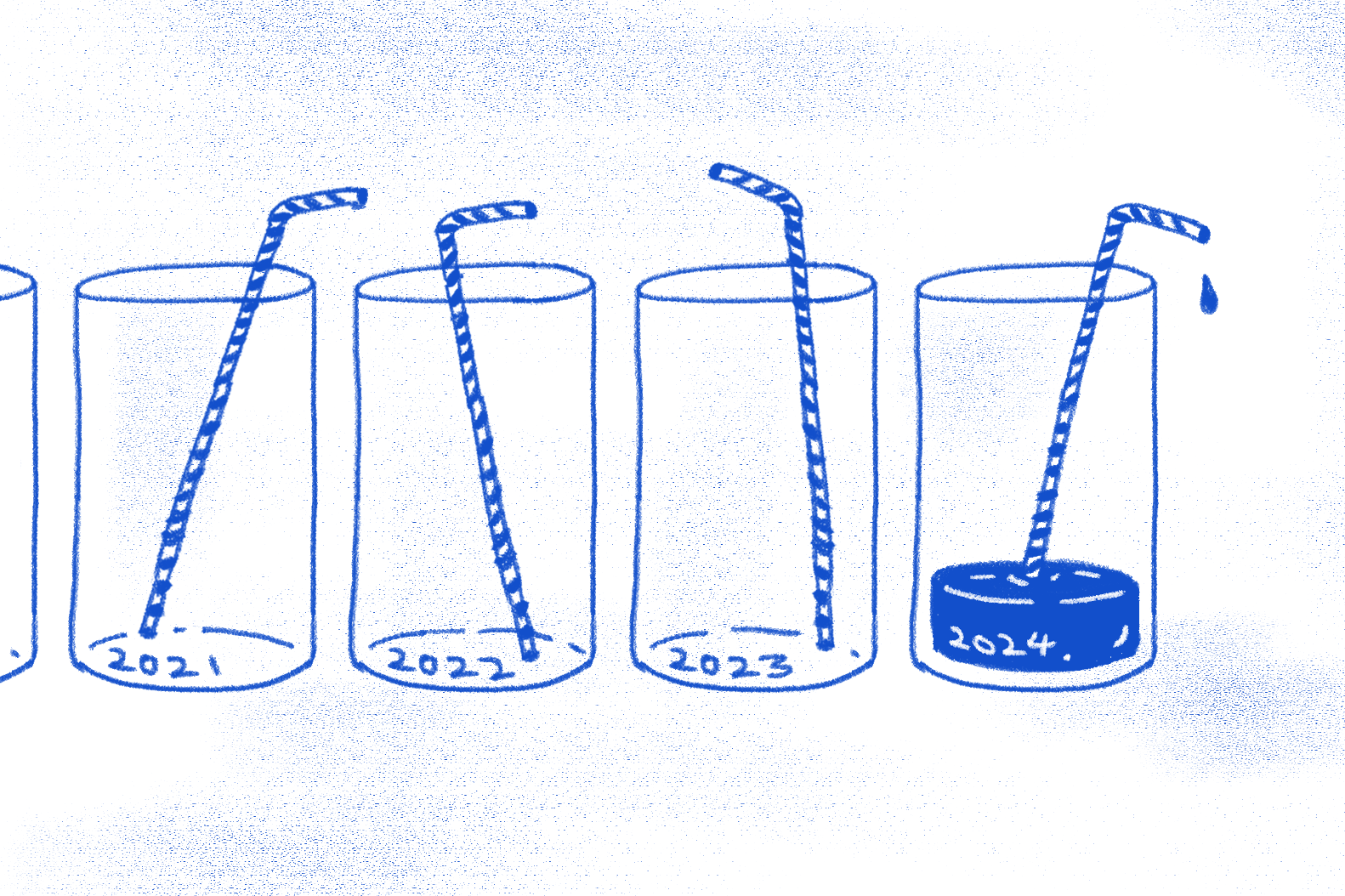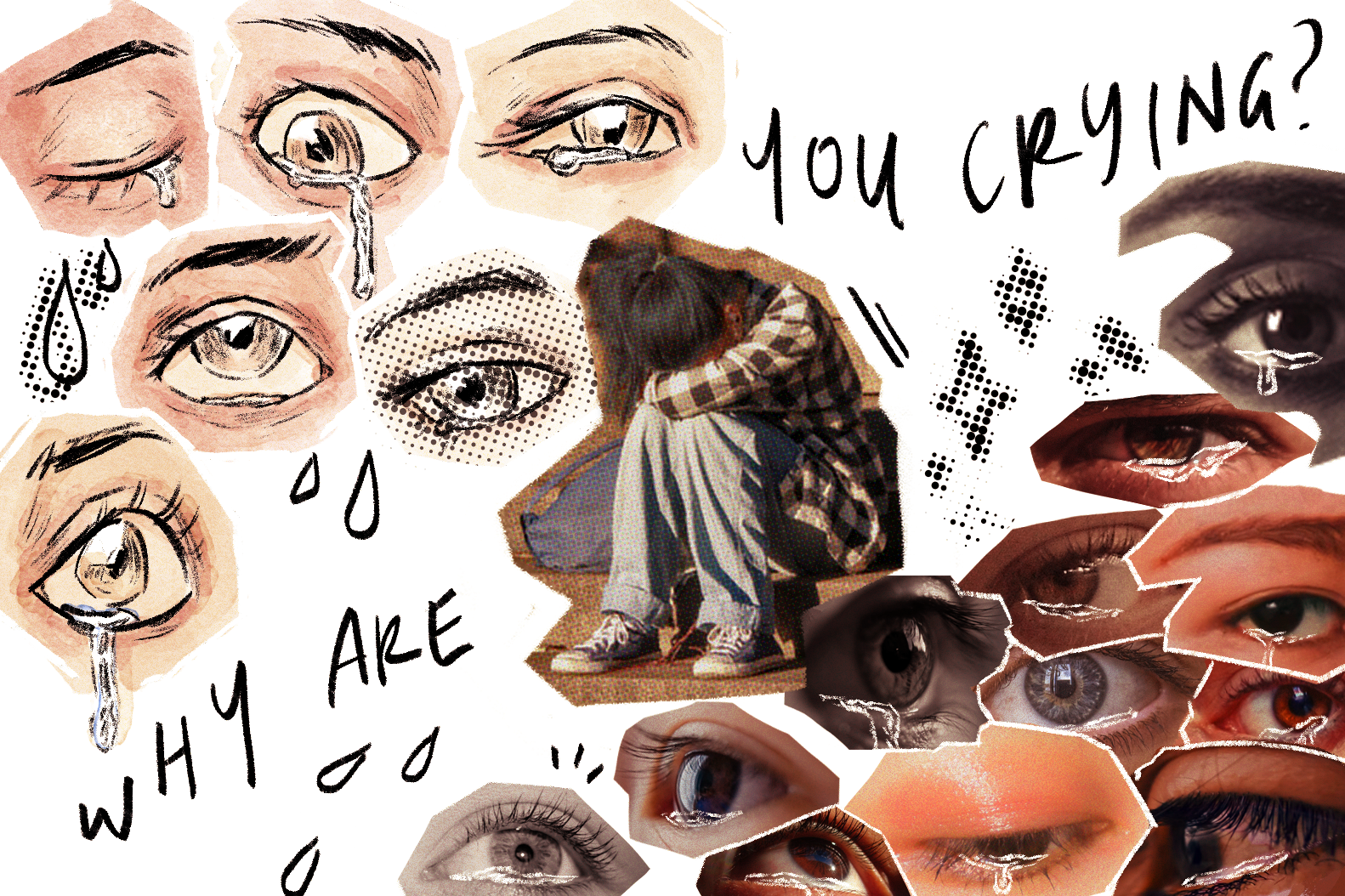I’ve always had trouble identifying and vocalising my needs.
From a young age, whenever I needed something, I’d always feel too paiseh (embarrased) to ask for help as I didn’t want to impose my burdens onto others.
This would be worse whenever I needed help for deeper, emotional things, like needing a listening ear to vent about all the difficulties I face with my mum, or when I just needed someone to ask me how I am.
In fact, I didn’t just feel paiseh about voicing out my deep emotional needs. Instead, I felt a legitimate fear and sense of shame for not being able to help myself and not bother anyone with my problems. I’d usually end up not saying anything at all and instead suffering silently.
 Taking the Enneagram test last year revealed what I honestly already knew – I’m a Type 2, the Helper, the one who loves fulfilling the needs of others but ironically finds it difficult to ask for any help myself.
Taking the Enneagram test last year revealed what I honestly already knew – I’m a Type 2, the Helper, the one who loves fulfilling the needs of others but ironically finds it difficult to ask for any help myself.
As a cell group leader and someone who has been in church for most of my life, I assumed that those around me were used to seeing me as strong and put-together. I then focused on meeting their expectations and fulfilling their needs over my own, believing I was usually the “stronger” one.
I got so used to this narrative in my head that it became ingrained in me that being needed equated to being loved. I couldn’t think of other reasons why anyone would love me if it wasn’t for how useful I was in their life.
But this perception was deeply rooted in a fear of being rejected by others or having them feel disappointed in me for being weak. As a result, I was constantly holding my relationships at arm’s length, long before I even noticed it.
Not only did I feel ashamed of my brokenness and thought I wasn’t worthy to ask and receive help from others, but out of pride, I continued to put on a facade of strength because I didn’t want others to view me as weak.
What if they noticed how needy I really was?
Letting others handle my emotional needs meant that I needed to be vulnerable and let my guard down. It meant no longer having control of the way others saw me – it scared me to give that control away.
DECLUTTERING THE HEART
My heart started to be cluttered by negative thoughts like “people would be disappointed in me when they hear about my situation”, “my negativity will just ruin everyone’s happy mood” and “others rely on me to be the strong one, so I shouldn’t share about my struggles”.
And after years of letting my heart be filled with shame and self-deprecation, there was no space left for God’s goodness, which could have come in the form of other people’s help and love. I had closed myself off because I didn’t want others seeing the true state of my life and, really, my heart. That I couldn’t fix things on my own.
But much like cleaning a dirty closet, I eventually had to face the mess in my heart and unpack everything to start the clean-up. I had to be honest with myself and God through brutally transparent prayer as well as accountability to a safe group of friends.
I started to intentionally spend time alone with God, where I could really cry and pour out to Him about what I was going through, surrendering my heart to Him as is, with no shame and no fear.
Setting my needs before God allowed Him first into the spaces I feared to let others know about, and this led me to feel more secure in myself and my brokenness. It was only after finding this security that I found it more okay to open up to others and let their love and help come into my life.
Nobody likes being needy, especially not in self-sufficient Singapore, but I’ve had to learn that it’s okay to have needs only others can fulfil.
DESERVING OF GREAT LOVE
When shame and pride creep in and I find myself building walls again, I remind myself that I’m worthy of freely receiving because God freely gives.
I used to think I could only go to Him when things were looking good: when I was being a good Christian girl, reading the Bible, actively serving in church, managing life’s challenges well… But I couldn’t be more wrong.
God freely gave all of us His great love. John 3:16 says it all – we’re all immensely loved. How could I believe in Jesus and what He had done on the Cross if I don’t believe I’m worthy of His great love?
In a recent sermon by Pastor Jabin Chavez, he said something that really struck me: “You don’t love God by trying, you love God by knowing how much He loves you. True love starts with acceptance.”
True love starts with acceptance. You can’t love God without first knowing you are loved by Him. So for me, that meant letting Him help me and receiving the love He’s given me before I ever helped Him with anything.
For the longest time, I always thought the line in 1 John 4:19 – we love because He first loved us – only meant that we are to give love because we have been given love. Yes, we have been given love, but we must also receive it.
Receiving love is just as much an act of worship to the Lord as giving love.
It’s okay to ask others for help, it’s okay to be weak and broken, it’s okay to voice out your needs – we can freely receive because He had first freely given.
- Do you find it hard to ask for help or let others into your struggles?
- What are the emotions and/or thoughts preventing you from receiving love in the form of help?
- How can you declutter your heart to make room for vulnerability and help from others?









